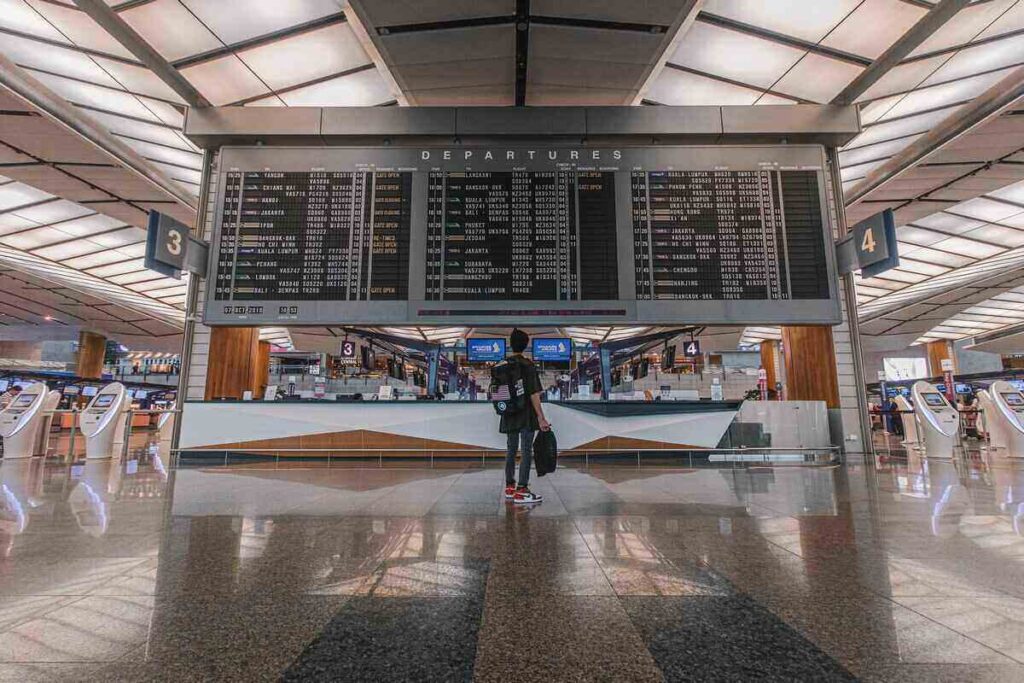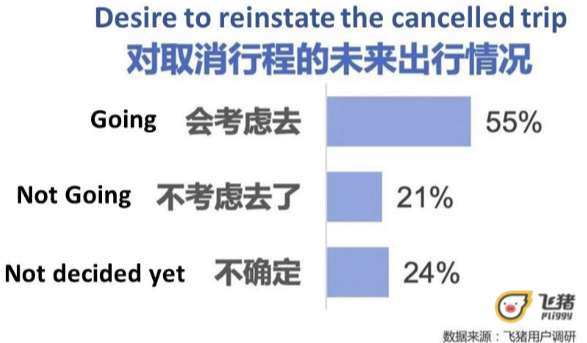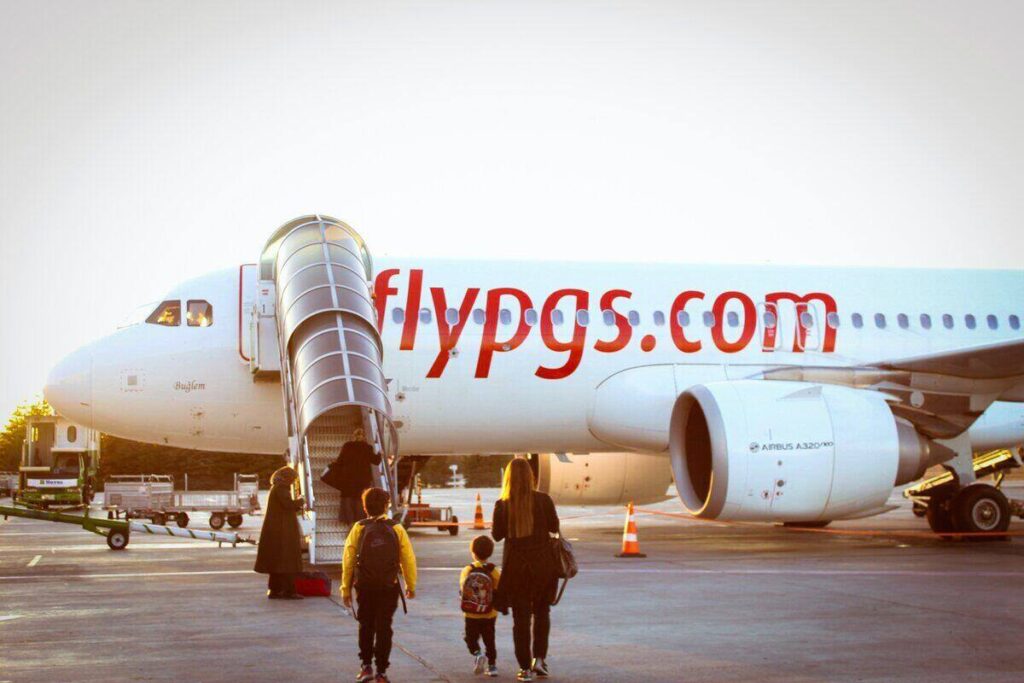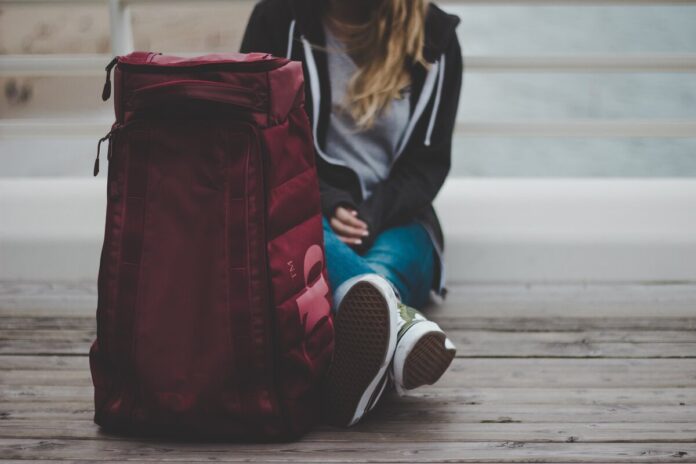If tourism experts are to be believed, revenge is apparently a dish best served in a flight! Travel enthusiasts have been locked away in isolation for a good part of the year amidst lockdowns and travel restrictions all over the world due to the COVID-19 pandemic and studies suggest that they are eager to get back out there.
On a personal level, I was kind of surprised to learn that people are already booking international flights when things are vague and unclear with many countries still trying to fight the coronavirus crisis. However, as a fellow traveller, I can see where they are coming from and I get their motivation.
This year has been a daunting experience with most of us living in isolation, deprived of weekend getaways and family holidays. For those of us who live in foreign countries, it has been even more difficult as we haven’t been able to visit our families in our home countries.
READ MORE: For those still on lockdown, read our survival guide during the time of COVID-19
So, the eagerness to splurge on tickets and get on the first flight out for revenge travel seems only right. But, where does this term “revenge travel” come from and what does it really mean? What will post-pandemic travel look like?
I will try and answer these questions for you in this article.
The origin of revenge spending and emerging trends in travel and tourism

The concept of “revenge spending” first emerged in China during the 1980s when there was a sudden surge in consumer demand following poverty due to the Cultural Revolution. According to recent studies, there has been a spike in spending on luxury goods across China; for example, in April alone, a single Hermès store sold bags worth $2.7 million in one day in Guangzhou. The term “revenge travel” comes from the same notion, and reports suggest that it is really happening. According to a recent report by McKinsey & Company, confidence in domestic travel rose by around 60 percent in China as much of the country reopened.
In a study, Fliggy— China’s leading online travel platform owned by Alibaba surveyed travellers who booked and cancelled trips due to COVID-19 and found that around 55% travellers intend to reinstate the cancelled trips. Only one-fifth of the travellers surveyed said they will not be going.

Similar trends can be seen in the United States’ domestic market as well where demand has increased for domestic getaways and local staycations. There has been a recent uptick in bookings and RV rentals with the first phase of this rebound. A recent survey conducted by Harris Poll with 2500 US travellers found that the desire to travel had only increased among US travellers amidst lockdowns and travel restrictions.
What will travel look like post COVID-19?

While it is clear that the world seems ready and eager to hop on a flight and treat themselves to much-needed holidays, it is true that travel is not going to be the same post-pandemic. With different parts of the world recovering from the virus at different times, restrictions for some countries will seemingly stay in place for longer periods of time while other nations might start easing them sooner. So, domestic travel and staycations are more likely to pick up pace first.
Furthermore, new travel guidelines will have to be followed with stricter focus on cleanliness and hygiene. This could include recent test results for COVID-19, eventually proof of immunity (once vaccines are available), quarantining or stay-at-home requirements upon arrival and wearing masks and/or face shields during travel.
Another aspect that is bound to change is that travellers will value flexibility more than before and hotels as well as travel companies will have to reconsider strict cancellation policies if they want to encourage more bookings and bounce back in business. As a sector that’s arguably the worst affected by the pandemic, the travel industry also needs to explore innovative ways to make travel smooth and safe for travellers. Tapping into technology to foster contactless travel as much as possible and ensuring safe distancing at airports as well as in hotels for the safety and well-being of travellers and staff will be top priority.
If you are set to ride the revenge travel wave and are looking to board the first flight out, remember to wear a mask and carry a sanitizer. Happy and safe travels!

